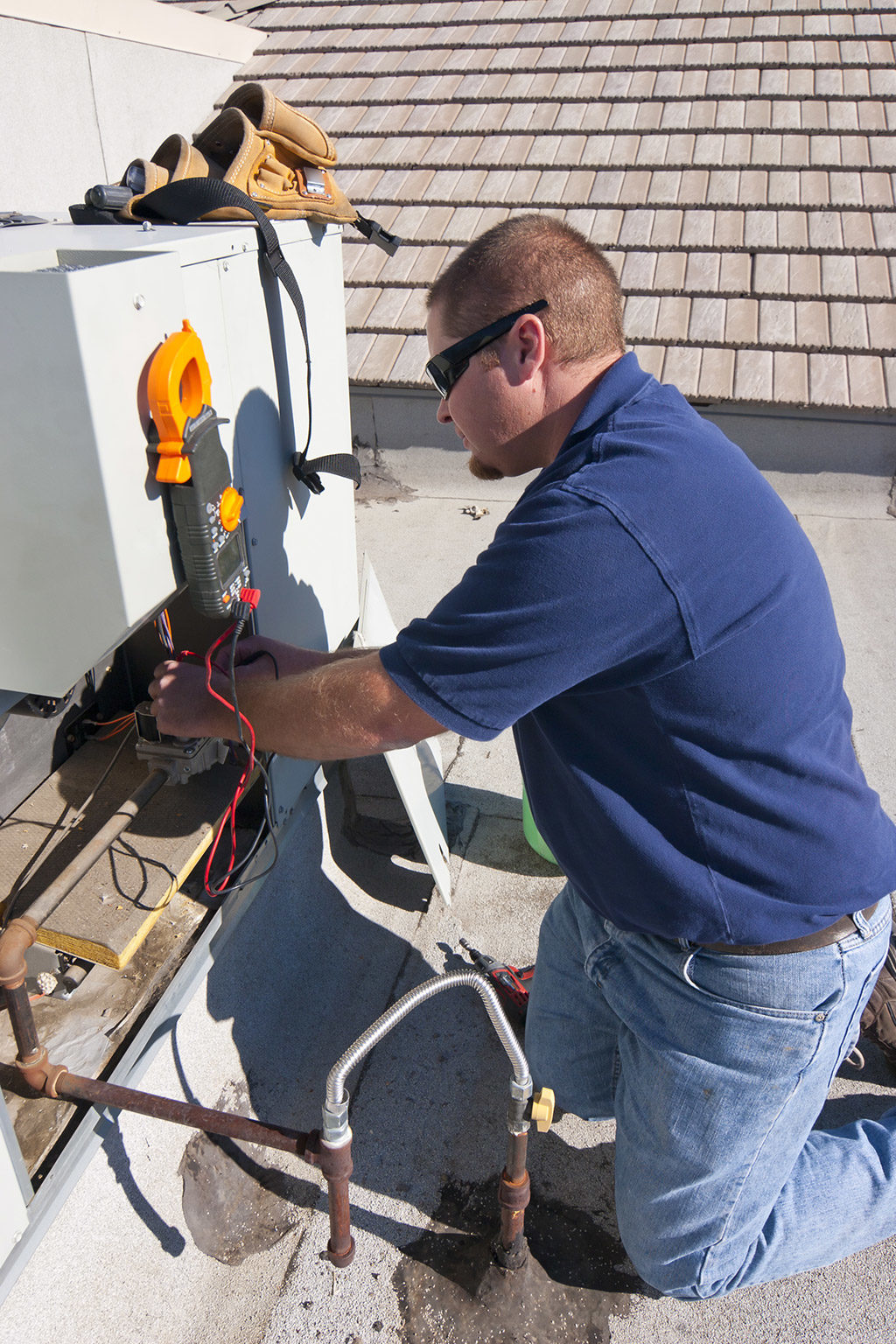At Rick Rasch Heating and Cooling, we believe that a home should be a sanctuary of comfort, no matter the season. One of the key elements to achieving this comfort is having an effective residential heating and cooling system in place. In this blog post, we will delve into the significance of these systems, how they work, and what makes them effective for your home.
Understanding Residential Heating and Cooling Systems
Residential heating and cooling systems are designed to regulate indoor temperatures, ensuring that your home is comfortable year-round. These systems can include a variety of components, such as:
- Furnaces: Used primarily for heating, furnaces utilize gas, electric, or oil energy to warm the air in your home.
- Air Conditioners: These units cool the air, helping to maintain a comfortable indoor climate during the hot summer months.
- Heat Pumps: Versatile systems that can both heat and cool your home by transferring heat from one place to another.
- Ductless Mini-Splits: Ideal for homes without ductwork, these systems provide targeted heating and cooling to specific areas.
The Effectiveness of an Efficient System
The effectiveness of your heating and cooling system directly impacts not only your comfort but also your energy bills and environmental footprint. Here are some key factors that contribute to an effective system:
1. Proper Sizing
A crucial aspect of a heating and cooling system’s effectiveness is proper sizing. An oversized unit can lead to short cycling, where the system turns on and off frequently, causing inefficient performance and increased wear and tear. Conversely, an undersized unit may struggle to maintain desired temperatures. Consulting experts, like those at Rick Rasch Heating and Cooling, will ensure your system is appropriately sized for your home’s square footage and layout.
2. Energy Efficiency
Choosing energy-efficient models can significantly reduce your utility bills and environmental impact. Look for systems with high Seasonal Energy Efficiency Ratios (SEER) for air conditioners or Annual Fuel Utilization Efficiency (AFUE) ratings for furnaces. Investing in high-efficiency systems can lead to long-term savings and contribute to a greener planet.
3. Regular Maintenance
Routine maintenance is vital for keeping your heating and cooling systems running efficiently. Regular check-ups, typically recommended annually, include:
- Filter Replacements: Dirty filters restrict airflow, making systems work harder and reducing efficiency.
- Cleaning Coils and Components: Keeping the components clean ensures optimal performance and longevity.
- Inspections for Wear and Tear: Identifying and fixing minor issues early can prevent costly repairs down the line.
4. Thermostat Control
A programmable or smart thermostat optimizes your heating and cooling system’s effectiveness. These devices allow you to set schedules and adjust temperatures based on your lifestyle, ensuring that energy is not wasted. By maintaining consistent temperatures during peak and off-peak hours, you can further enhance your system’s performance.
5. Insulation and Sealing
Even the best heating and cooling systems can struggle in poorly insulated homes. Ensuring that your home is well-insulated with sealed windows and doors can prevent energy loss and improve the overall effectiveness of your heating and cooling systems.
Conclusion
At Rick Rasch Heating and Cooling, we are committed to providing our clients with the best solutions to maximize comfort and efficiency in their homes. An effective heating and cooling system not only enhances comfort but also leads to cost savings and energy efficiency. Whether you’re looking to upgrade your current system or need maintenance to keep it running smoothly, our team of experts is here to help.
For more information about our services or to schedule a consultation, visit us at RickRasch.com. Let us help you create a comfortable and efficient home environment throughout the year!


0 Comments